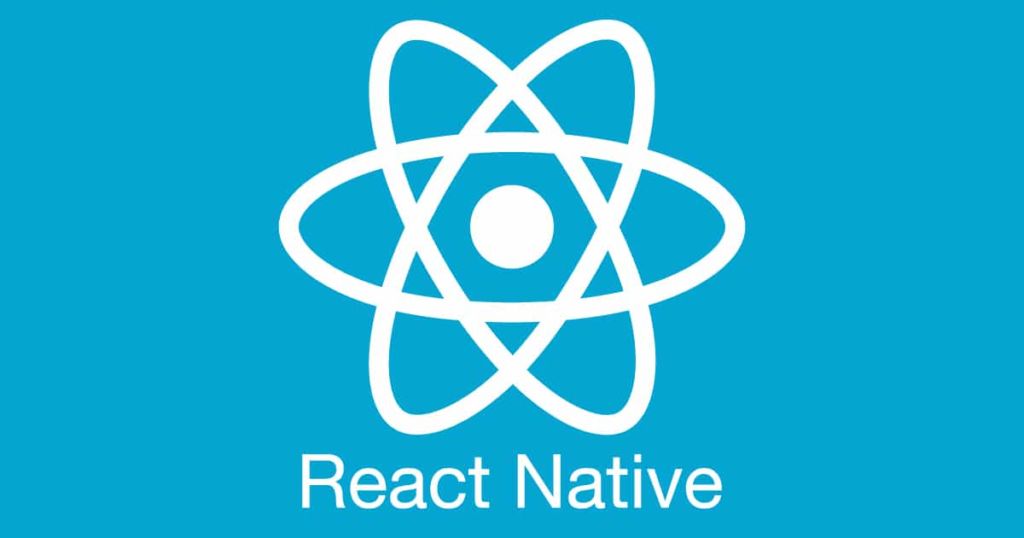One of the most difficult options every software developer faces is choosing the technologies that they will use to develop a specific web or mobile application.
This choice depends entirely on the type of application you are considering developing, be it a web application (such as a website or online platform) or rather a mobile application, there are two specific technologies that can help you achieve the desired result: ReactJS and React Native.
Today, we will discuss these two very similar types of technologies and what each can do for you, the differences between them, and the benefits each represents for your development processes.
Differences between React and React Native
Before you start comparing these two types of technologies, it is important to know the difference between them. One is an open source library, and the other is a Framework.
For one thing, React or ReactJS, as most people know, is simply a JavaScript library used to develop and create user interfaces in web software applications. Meanwhile, React Native is a native framework that allows you to create real native apps that work perfectly on Android or iOS.
Basically, ReactJS is used to develop web applications, while React Native focuses on creating real native applications that can work on any mobile system.
ReactJS
React or ReactJS is a JavaScript framework that enables developers to quickly and efficiently create user interfaces by including Java files in their HTML. It is one of the most popular Java libraries in the world and is used by huge platforms like Netflix, Airbnb, and even Walmart.
ReactJS and its Java library allow software developers to create different user interfaces through several different components that help to build and define the complete structure of their application.
ReactJS acts as a visible part of your web application, which means that it manages simple data, hoping to let you know what your application will look like to the public and end users.
In other words, ReactJS is a front-end development interface. React helps you keep the UI organized like a tree, where the roots are the startup components and the branches are independent parts of the application, this way, when new data is loaded, it can locate its location and update itself. automatically.

Benefits of using ReactJS
ReactJS is well known among software developers for two reasons: one, it is a reliable user interface developed by Facebook, and two, it enables software engineers to create web and mobile applications.
Among the benefits of using ReactJS are:
1. Create web and mobile applications: ReactJS components can be used to develop mobile applications that will run on Android and iOS mobile systems almost as if they were native applications.
2. Allows stable coding: With ReactJS you can make small changes to the child structure of your application without the changes affecting the parents and the rest of the structure. This enables stable encoding and continuous performance.
3. Allows you to reuse old components: React gives software engineers the freedom to reuse old system components and assets to enhance your web or mobile application, allowing you to display several different digital objects.

React Native
As we mentioned earlier, React Native is a JavaScript framework that helps software engineers create real native applications that work perfectly on Android and iOS mobile systems.
This means that, with React Native, you can create a native mobile application that works perfectly on any particular platform, as if you were using native technology to create them.
By working with React Native, you gain access to the JavaScript programming language and native building blocks, features that will make your coding job much easier.
Like ReactJS, React Native allows software engineers to reuse building blocks and take full advantage of native components, making coding much easier and faster.
React Native benefits
Both reactjs and React Native are great technologies to use when developing web or mobile applications due to the similar benefits each has to offer, such as (but not limited to):
1. It allows you to create real native applications: unlike working with other frameworks, with React Native you develop a legitimate mobile application that is exactly the same as any other application made with an SDK.
2. Access all the benefits of web development - The great thing about React Native is that it is extremely similar to ReactJS, which means that you still get all the benefits and power of working with React, but for mobile applications.
3. Reuse old components: As we mentioned earlier, React Native allows software developers to reuse old components in the hope of speeding up the development process.

ReactJS Vs React Native: Which is better?
To end the discussion, which one is better will depend entirely on the type of software application you are working on. If you are thinking of creating a simple web software application, ReactJS is the perfect technology for you.
On the other hand, if you want to build real native mobile apps that perform as well as any other mobile app developed with an SDK, React Native is the best option available to you.











No comments:
Post a Comment